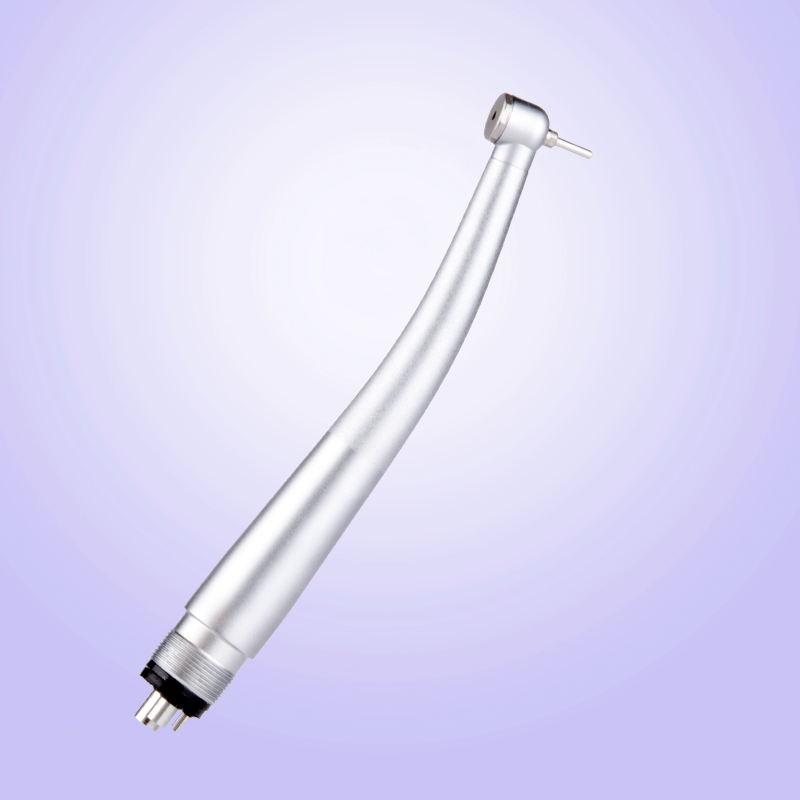
Three Factors of Periodontal Treatment
More than 80% of Chinese people have periodontal diseases of varying degrees. Periodontal disease is a kind of chronic bacterial infection. The tissues around the teeth, such as gums, periodontal ligament and alveolar bone, have pathological changes. Light people will have bad breath, red gums, swelling pain, even bleeding and other symptoms, commonly known as gingivitis.
Severe periodontitis can cause alveolar bone atrophy, resulting in teeth shaking, even loose phenomenon. Once bacteria enter the blood through the inflamed gums and attach to the injured heart valve or endocardial wall, serious cases may even cause bacterial endocarditis and lead to heart disease, which can’t be ignored.
Periodontal disease in the treatment of not only one kind of bacteria, we must accurately diagnose which kind of bacteria, in order to suit the case. In order to keep away from the threat of periodontal disease, we must not only rely on the assistance of the dentist’s office, but also form a good habit of cleaning teeth. We should visit and wash teeth and check them every six months regularly, so that the attending physician can do the best check for your oral health.
Periodontal disease is a kind of chronic bacterial infection. The periodontal supporting tissues (gingiva, periodontal ligament and alveolar bone) around the teeth have pathological changes. The light ones will have halitosis, redness and swelling of gingiva, pain and bleeding of brushing teeth. The teeth will shake or even fall off in serious cases. The common chronic periodontal diseases can be generally divided into gingivitis and periodontitis. These two diseases with different clinical symptoms are generally called together It is periodontal disease. Periodontal disease can also spread through saliva, through diet and family contact.
The special factors affecting gingival health are generally divided into the following categories.
- smoking
Nicotine in cigarettes can inhibit the function of white blood cells in the body, reduce the amount of antibodies in our body, affect our body’s ability to defend periodontal bacteria, and cause the deterioration and spread of periodontal disease. The treatment of periodontal disease in smokers often fails to achieve the expected effect and has a high chance of recurrence.
- Pregnancy and adolescence
During pregnancy, because of the hormone changes in the body, the number of periodontal bacteria will increase greatly, which will aggravate the existing periodontal problems, and the probability of gingivitis will increase greatly, and even some women will form pregnant granuloma tumor. In postmenopausal women with osteoporosis, the bone density of mandible is much lower than that of normal women, and the number of teeth lost is also more.
- Personal factors such as pressure, drugs, molars, diabetes, etc
According to clinical data, people over the age of 45 who have diabetes and smoking are 20 times more likely to have serious periodontal disease than people without diabetes and smoking. Diabetic patients will accelerate alveolar bone loss and delay the healing of periodontal tissue due to the change of immune system, which will affect the metabolism of collagen fiber in gingival tissue, so the periodontal treatment effect of patients with poor blood glucose control is also worse than expected.
Other systemic diseases, such as leukemia patients will increase the incidence of the disease, and more rapidly than the general chronic periodontal disease patients, the erosion rate of alveolar bone is dozens of times of the general chronic periodontal disease patients, in addition, there will be concave erosion of the gum between teeth, even bone exposure and severe pain.
Three stages of periodontal treatment
First stage: basic treatment
Doctors use tools to penetrate into the bottom of gingival inflammation, thoroughly clean the surface and deep dirt of teeth, including dental plaque, calculus and contaminated tooth quality, and teach oral health how to maintain, so that the inflamed and bleeding periodontal tissue can cling to the root surface and restore health. Generally, the treatment course of periodontal disease may take more than one month, so as to observe the improvement of gingiva after periodontal tissue removal, and then evaluate whether to operate. Most patients with periodontal disease have satisfactory treatment results at this stage.
Stage 2: periodontal surgery
If the basic treatment can not be solved, surgical treatment should be considered. Periodontal surgery is a small operation, which does not need to be hospitalized. Generally, there will be only slight discomfort after the operation, and you can immediately return to work or work, but you need to avoid intense sports or labor.
Stage 3: regular maintenance
After the active treatment of periodontal disease, every other period of time (usually several months), we need to do regular return visit and maintenance to ensure periodontal health. On the other hand, if there is a recurrence of the disease, we can find early treatment. The treatment of periodontal disease also needs the cooperation of patients, especially oral health. If patients can not maintain good oral health, the treatment effect is not good, and even periodontal disease will recur, so patients need to be patient. If there is no patience, it is likely to worsen, which will affect our normal social life.
View more dental handpieces at www.dentalinbox.com.





